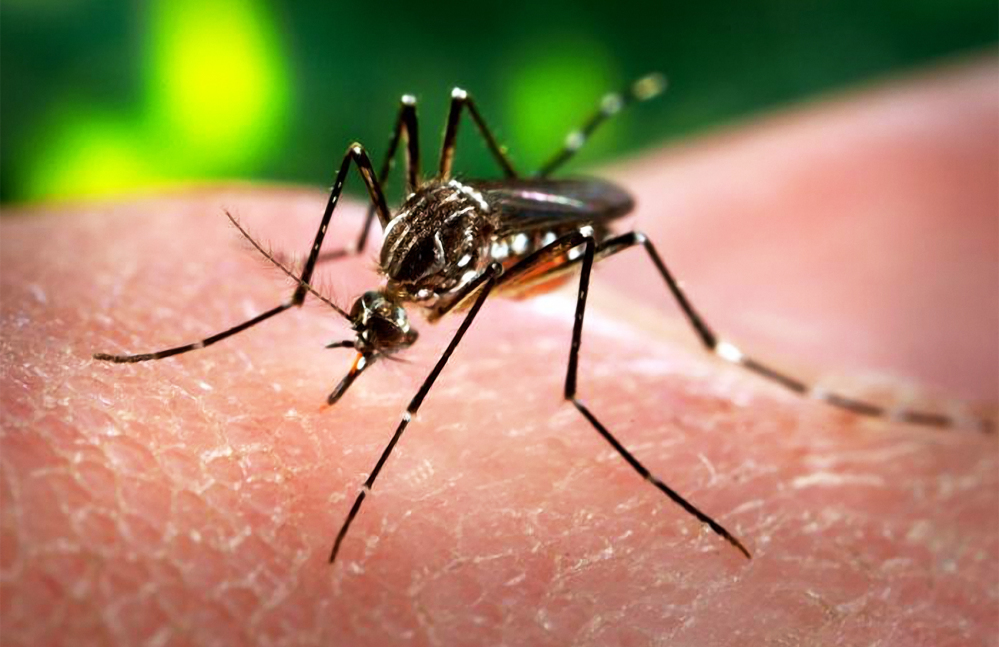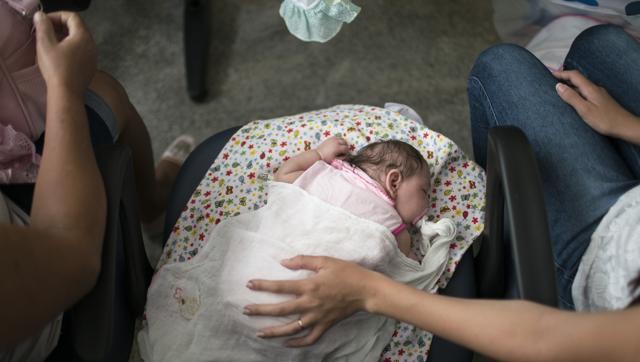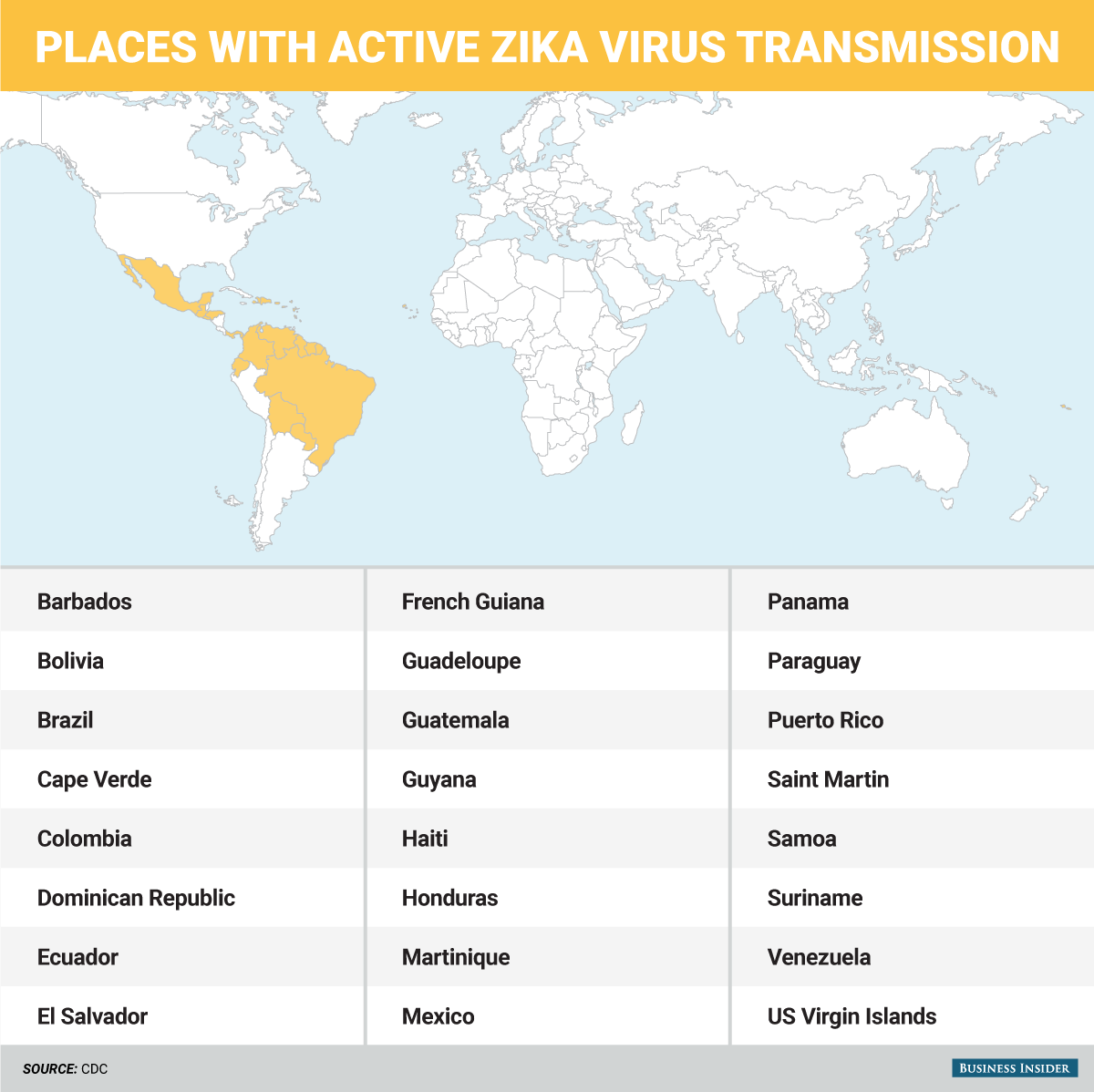Can you cut 1 Tonne of carbon pollution out of your life?
Take the challenge"It's hard for me to hear about the devastation the Zika virus is causing in my second home and other parts of the Americas. Firstly because I am an expecting mother, but most of all because I have close friends in Brazil who are expecting, too."
UPDATE: The below article is my personal (and emotional) response to the outbreak of the Zika virus. I acknowledge clearly in the article that the link between Zika and microcephaly is NOT yet proven, although is strongly suspected, and I would like to reaffirm that point. The article is not to try and build irrational fear, as I feel a lot of international media coverage on Zika has done, it is simply a response to my own feelings after hearing this news, after talking with family and friends in Brazil and receivings warnings from them not to travel there at the moment. I have since talked with more friends and family inside Brazil, and a few certainly do feel that the outbreak of Zika, although extremely real and devastating for many who have already been impacted and others who can't know for certain the extent of what is happening and where, may have been blown out of proportion by the international media coverage. Whilst my emotions haven't changed because as an expecting mother anything that could hurt your unborn child is scary, well it is to me, but I think this update is important to keep things in perspective. The declaration made by WHO will trigger funding for research to try and get to the bottom of the link between Zika and microcephaly and put resources behind stopping the virus spreading.
I lived in Brazil with my partner for two years from 2013 to 2015.
We emigrated back to Australia in March 2015, but there's not a day I don't miss the incredibly vibrant (albeit at times disorganised) country, my dear friends and my new family there.
It's incredibly hard for me to hear about the devastation the Zika virus is causing in my second home and other parts of the Americas. Firstly because I am an expecting mother, but most of all because I have close friends in Brazil who are expecting, too.
What a difference a year can make. When my Brazilian partner and I were deciding on whether or not to leave Brazil and settle back in Australia, Zika wasn't even on our radar as a reason to consider returning. In fact, it wasn't really on the widespread global radar either.
Zika is a tropical disease, like yellow fever and dengue, which is transmitted by some species of Aedes mosquito and might even be worsened global warming (more on this later).
It's been around for a long time, and the infection often occurs without symptoms. In some cases, it can cause fever, rash, severe headache, joint pain, and muscle or bone pain, yet illness from Zika is usually not severe and does not require hospitalisation.

The recent outbreaks in Central and South America, particularly Brazil, have been the biggest yet and raise concerns that infection with Zika virus in pregnant women causes certain birth defects including microcephaly in newborns.
Microcephaly is a congenital malformation that means babies are born with abnormally small heads and may suffer from delayed brain development.
Although scientists say further studies are needed to confirm the association of microcephaly with Zika virus infection during pregnancy, the World Health Organisation (WHO) has today "declared that the clusters of brain-damaged babies born in Brazil – linked to but not proven to be caused by the Zika virus – constitute a public health emergency of international concern." (The Guardian)
The declaration, made by the WHO director Margaret Chan, will trigger funding for research and put resources behind a massive effort to prevent pregnant women becoming infected and, through mosquito control, stop the virus spreading.
Pregnancy, as I'm discovering, is an incredible time, but not without both physical and emotional challenges. All I want to know is that my baby is growing healthily, safe and sound inside of me. I can only imagine most pregnant women want to know the same thing, and not that there is yet another threat to make you worry.

[Image: AP]
The spread of Zika in Brazil certainly makes me feel like returning to Australia was the right thing for my partner and I. We didn't know back then that we would be welcoming a little one (yes just one) into the world, but at least, in Sydney there's no threat to catch Zika, right?
The risk of an outbreak of Zika virus in metropolitan Australia is low according to Cameron Webb, a medical entomologist at Sydney University and principal hospital scientist at Westmead Hospital, partly because the virus can only be spread by mosquito.
"In the absence of a suitable mosquito in our major cities, the risk of outbreak are low,"- Dr Cameron Webb
Given the tropical climate, far north Queensland is considered most at risk of mosquito-borne illnesses. Dr Webb said that if the virus were to spread to far north Queensland, Australian authorities would be well prepared.
Techniques for fighting the insects have improved dramatically over time, but something we may not be 'well prepared' for is that long-term climate change could soon make protecting humans from mosquitoes much more difficult.
TIME reported recently on the possibility of warmer temperatures expanding the area where mosquitoes can thrive:
"The link between climate change and mosquito-borne illness centers around how rising temperatures may expand the area in which mosquitoes can thrive. Most such illnesses can only be transmitted at temperatures between approximately 16°C (61°F) and 38°C (100°F), according to a World Health Organization report. Perhaps more significantly, the time it takes for mosquitoes to develop decreases significantly the closer temperatures are to around 30°C (86°F). The average global temperature is expected to rise by at least 2°C (3.6°F) by 2100 even if countries take dramatic action to limit their greenhouse gas emissions. In some areas, that shift will be much more dramatic."
Researchers say that the many variables at play, including location and even socioeconomic factors, make it difficult to predict exactly how global warming will affect mosquito populations in any given area. But, it goes to show that a warming world may upset many of our safety nets.
For my friend in Brazil in her second trimester, however, the threat is very real.
Senior Brazilian officials admit they are still "unsure of the scale of the problem they face because the country's estimate of 1.5m cases is based on guesswork."
"The only thing we can do is fight the mosquito."- Brazilian President Dilma Rousseff said during a visit to the anti-Zika campaign headquarters
Here are the 24 countries and territories where the virus had been transmitted locally as of last week:

[Image: Dylan Roach/Business Insider]
[Header Image: Independent.co.uk]

